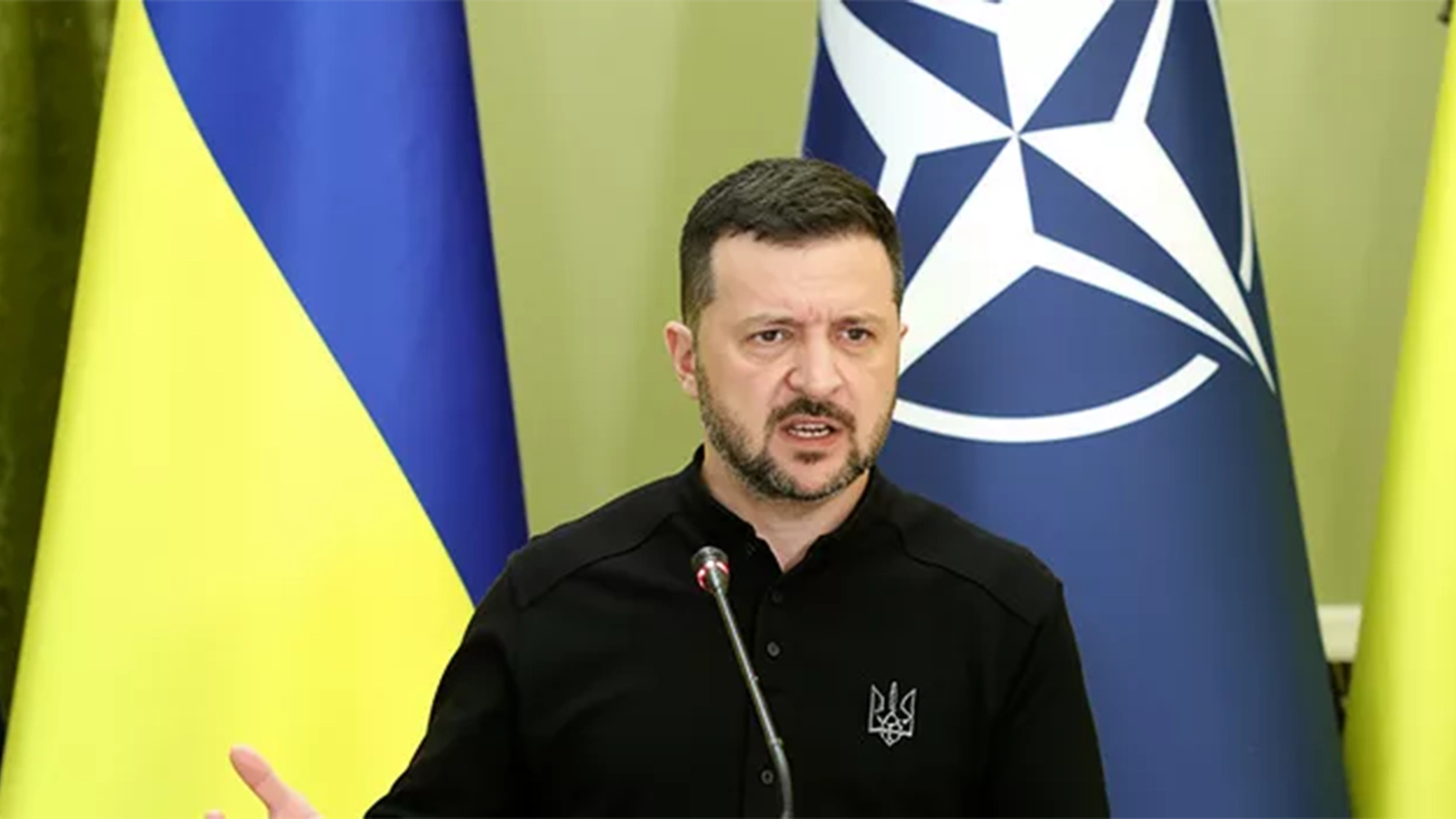
Serbia’s president on Thursday named Ana Brnabic as the next prime minister, making her the first openly gay premier in the conservative Balkan region and the first Serbian woman in the top job.
Brnabic, 41, will take up the top job less than a year after she entered politics, becoming public administration minister last August.
The appointment makes her Serbia’s first female prime minister and the first openly gay premier in the Balkans, where homosexuality remains a taboo in many parts of the region.
“I decided to propose Ana Brnabic as a prime minister-designate to the parliament of Serbia,” President Aleksandar Vucic told reporters.
“I believe that Brnabic has professional and personal qualities to be prime minister… and that along with other ministers she will work on improvement and progress of our Serbia,” he said.
Serbia, home to about seven million people, most of them Orthodox Christians, has been eager to show increased tolerance after coming under pressure to improve protection for minorities, including the LGBT community, since it began talks to join the European Union.
At Belgrade’s Gay Pride march in 2010, 150 people were injured as hardline nationalists attacked participants and clashed with police, prompting officials to ban the parade for the next three years.
Since then the annual marches have passed without incident, though they are guarded by an extensive security presence.
In interviews since she became Serbia’s first openly gay government minister last year, Brnabic expressed hope that people would look beyond her sexual orientation.
“Why does it matter? I don’t know why it matters,” she told the regional RTV channel last week.
“What is important is whether someone is capable, professional, hard-working, honest, likes their country and wants to work in its best interest.”
She is expected to take office as prime minister in the next few weeks.
A telling choice
Vucic had been serving as prime minister himself since 2014 until two weeks ago, when he became head of state after winning the presidential vote in April.
While he has won praise from abroad and led Serbia into the EU accession talks, at home he has been accused of authoritarian rule and clamping down on media freedoms.
The presidential job is largely ceremonial, but analysts expect that Vucic will move to consolidate his influence.
Before Thursday’s announcement, his SNS party — which has a comfortable majority in parliament — said he would make the decision on his successor.
When he appointed Brnabic to his cabinet last year, Vucic said that he was interested only in her work and that “her personal choices do not interest me”.
“Vucic is trying to show that Serbia is a free liberal country in which civic freedoms are at a high level,” political scientist Boban Stojanovic told AFP.
“That could of course be just a ‘camouflage’ of the situation as the reality is nowhere near that,” he added.
Stojanovic also said that Vucic “wanted to show to all other political actors in Serbia that he is the most powerful person in the country and that no other politician is close to him.”
Brnabic, who is not officially affiliated with any party, told RTV last week that the president has “a certain role as a mentor to the prime minister, at least in the first few months”.
The premier-designate entered politics after a career in the business sector and local development programmes.
She has an MBA in marketing from Britain’s University of Hull and worked as a director at the renewable energy firm Continental Wind Serbia.






